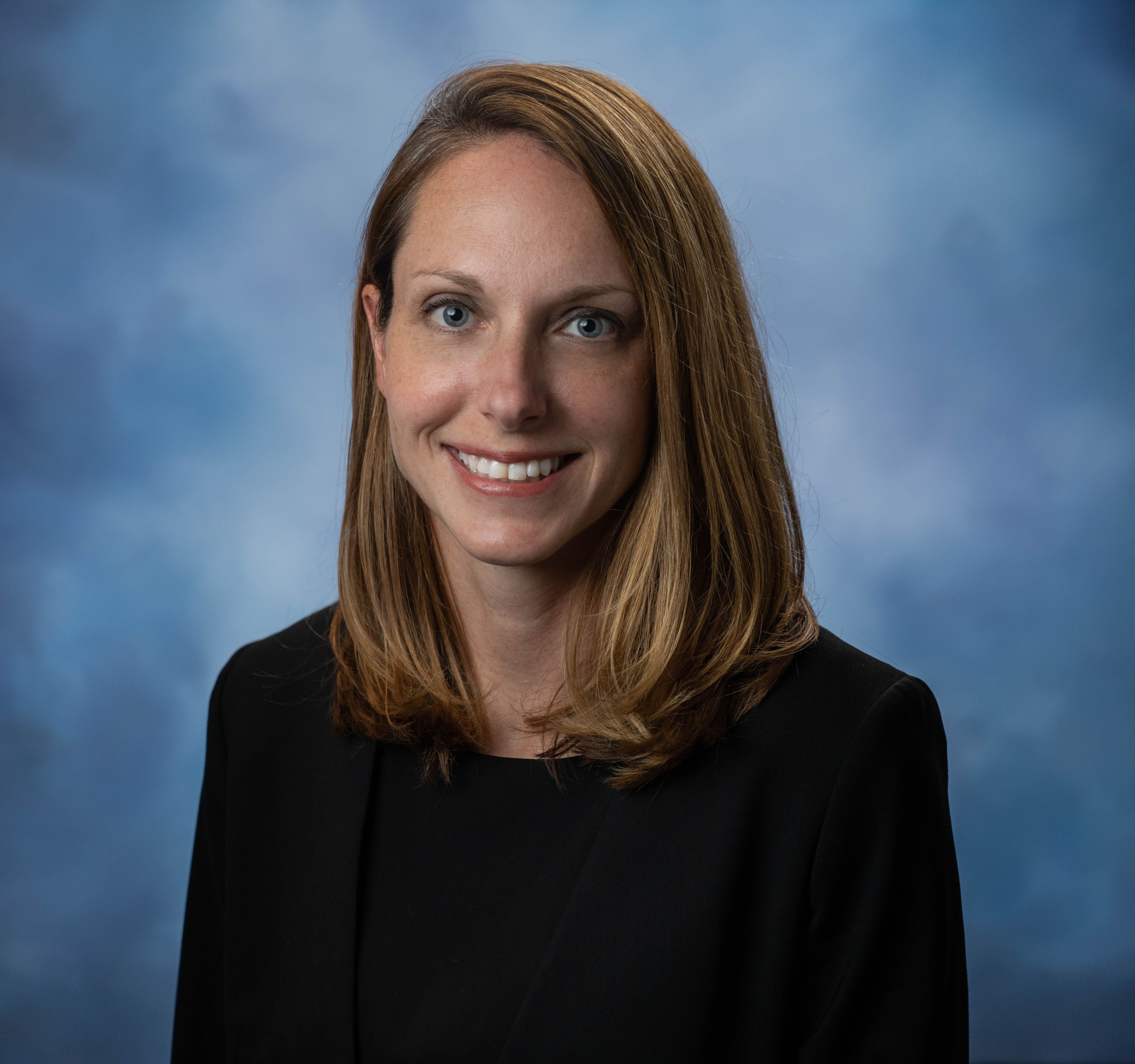Fellowship Director:

Marin Arnolds, M.D.
Clinical Assistant Professor, Neonatal-Perinatal Medicine
Mission
The mission of the Neonatal-Perinatal Fellowship Program is to develop superb clinicians, teachers, life-long learners, and investigators who will become future leaders in clinical and academic neonatology. This is accomplished through a broad range of clinical experiences, a comprehensive research training curriculum, and opportunities for teaching and advocacy.
Overview:
The University of Michigan Neonatal-Perinatal Fellowship Program provides outstanding training in clinical neonatology, hypothesis driven research and academic scholarship. The program fulfills the requirements of the American Board of Pediatrics Sub-board of Neonatal-Perinatal Medicine and is fully accredited by the Residency Review Committee of the Accreditation Council for Graduate Medical Education.
The training program is three years in duration. Over the course of training, fellows spend approximately 12 months in clinical training and 24 months in research, teaching, quality improvement, and administrative activity. Clinical rotations and overnight call are equally divided during the three years with fellows assigned approximately 4 months of clinical rotations and 40 to 45 in-house overnight calls each year. A comprehensive didactic curriculum based on the ABP content specifications supplements the clinical and research training to prepare fellows for the Neonatal-Perinatal Medicine Subspecialty Board examination.
A growing number of Michigan Medicine off-site locations, as well as partnerships and joint ventures with other institutions, extend the range of training options both regionally and internationally.
The University of Michigan offers highly competitive salaries and tremendous benefits to our residents/fellows. An overview of salary, benefits and employment eligibility is available on the GME Office website, under “Prospective Residents/Fellows.”
Clinical Training:
In the Brandon Neonatal Intensive Care Unit and the integrated Von Voigtlander Women’s Hospital, fellows learn the skills necessary to resuscitate and treat critically ill newborns while receiving graded levels of supervision from faculty neonatologists. The Brandon NICU is a 56 private-bed state of the art quaternary regional referral unit providing care for newborns with the full spectrum of medical and surgical problems from a wide referral area across Michigan and the Midwest. The Von Voigtlander Women’s Hospital is within the Children’s Hospital and delivers approximately 4,400 newborns each year including those with complex congenital anomalies whose mothers received care in the Fetal Diagnostic Unit. Fellows are significantly involved in the management of all forms of mechanical ventilation, therapeutic hypothermia, inhaled nitric oxide therapy, peritoneal dialysis, and ECMO. In addition, fellows participate in air and ground medical transport, supervise pediatric residents and medical students, receiving hands-on training in procedural and teamwork skills in the NICU and simulation environment, and provide antenatal consultations. During the three year program, fellows complete required rotations in Maternal-Fetal Medicine, Pediatric Surgery, and the Pediatric Cardiothoracic Unit (PCTU). The PCTU is a 30-bed unit that provides care for children with a full spectrum of congenital heart disease. Additional electives are available for fellows with specific clinical interests.
Throughout the 3-year program, fellows participate in the Developmental Follow-up Clinic under the supervision of specialists in Developmental-Behavioral Pediatrics and Pediatric Neurology.
Research Opportunities:
Fellows have access to a wide range of mentors both within and external to the division to pursue scholarly interests including basic science, translational, clinical, ethics and educational research. Areas of interest within the division include high-technology respiratory support, chronic lung injury, quality improvement, hypoxic-ischemic brain injury, neonatal immunology, perinatal ethics, neonatal resuscitation, and simulation. The Pediatric Department sponsors a 10 month Core Scholarly Activities curriculum for fellows across all pediatric subspecialties. Additional training may be obtained in Health Services Research, Clinical Research Design and Statistical Analysis, and Health Professional Education.
Eligibility and Selection:
Eligible candidates must complete an ACGME accredited pediatric or pediatric-medicine residency prior to beginning fellowship, hold an unrestricted license to practice medicine in the United States or Canada, and be United States citizens or permanent residents. Highly qualified J-1 visa holders may be considered.
The Neonatal-Perinatal Medicine Division is committed to a policy of nondiscrimination and equal opportunity for all persons regardless of race, color, national origin, age, marital status, gender, sexual orientation, gender identity, gender expression, disability, religion, height, weight, or veteran status.
How to Apply:
All applications are accepted through the Electronic Residency Application Services (ERAS). All interviews will be virtual, timing and details still to be determined. All positions are offered through the National Residency Matching Program (NRMP).
How to Contact Us:
Why Train in Pediatrics at Michigan Medicine?



